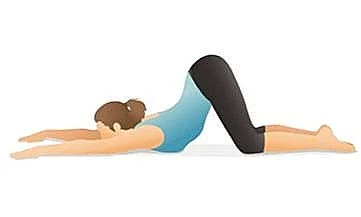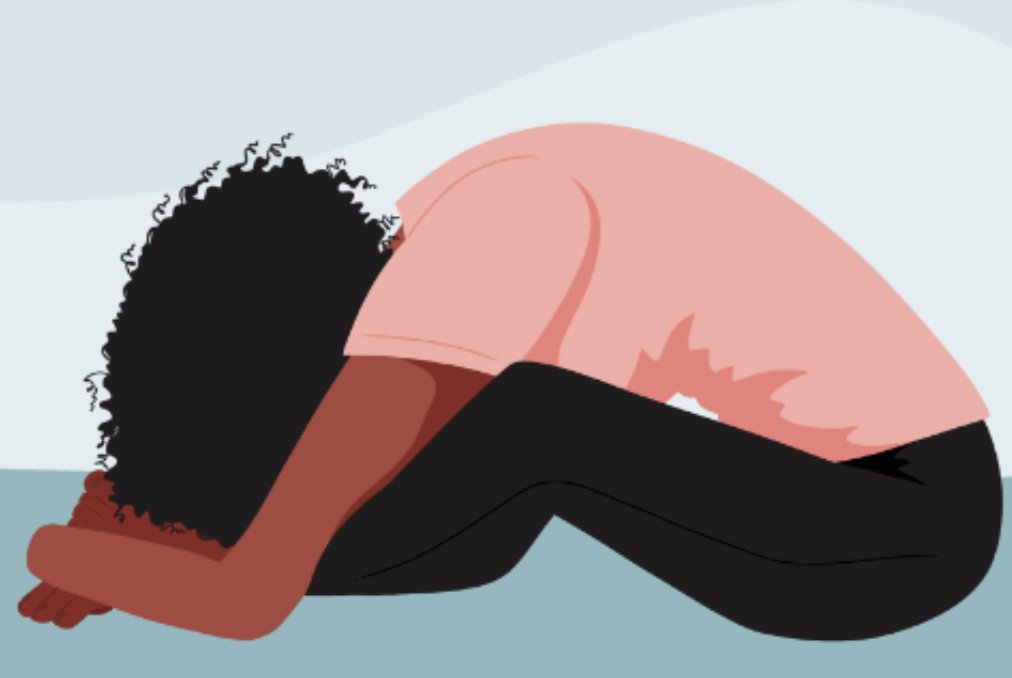“The universe is not outside of you. Look inside yourself; everything that you want, you already are..”
- Rumi
Hello friends,
Recently, I’ve been spending my time celebrating the 40th birthday of my husband, as well as some friends who are just starting to hit this strange but wonderful milestone of sort-of midlife. This, amidst the other stuff on my plate, such as the outdoor home renovations I undertook to create my own personal outdoor sanctuary right in the middle of the city (which has been an endeavour of gargantuan proportions), the usual things of work and life and kids and family, as well as nearing the end of my journey to complete my Integrative Nutrition Health Coaching Program, has been a time that I’ve navigated with as much grace and patience as possible. And yet now that I’m seeing the light at the end of the tunnel, I’m kind of like, Can we hurry up and get to the end of the tunnel now, please?
But the journey is the reward. We know this. And I have come to know this to be true beyond the triteness of the platitude because—as with everything else in my life—I’ve had to learn it through direct, embodied experience.
As I have the benefit of being all of two years older than my newly minted 40-year old husband and his cohort, I’ve had the benefit of a little bit more time on this journey to have acquired a smidgen of wisdom about what it means to be in your 40s, or rather, what your 40s are all about, which is a question that came up more than a few times leading up to this birthday in conversation with friends.
Of course, the answer is not and cannot be the same for everyone.
For some people (mostly the men) they said your 40s is about making money. For others, it was a time to be with their kids more while they’re still young and can be part of this formative time in their lives. For others, it was about letting go of old shit (energetically speaking) that just didn’t serve them anymore; about drawing a line in the sand between the past and the present, and moving forward with greater clarity and ease.
As I’ve reflected on this, I realized that for me, my 40s is and has been about peace. Cultivating peace, inviting in peace, prioritizing peace. Being peace. Which, I think, is ultimately what all of those other things our friends mentioned are about. Having greater financial ease brings peace. Having a strong bond with your children brings peace. Putting the past to bed brings peace.
What I’ve learned about peace, though, especially in the last 6 months, is that it’s not some namby-pamby, woo-woo thing that just happens to you. Peace, paradoxically, is actually something that requires great discipline. It requires devotion, and discernment, and delighting in all things great and small. And to do all that, you need discipline.
Think about how much easier it is to descend into chaos, or anxiety, or old patterns that are not inherently good for you or anyone else. It’s sooooooo easy to just do the things you’ve always done because they’re second nature and don’t require effort to change. There’s a reason why one of the more common sayings in the new-agey parlance of today is to “protect your peace”. Because maintaining your personal peace, and the peace of others, requires defensive action. Peace, is actually, not passive. Which is why it’s so elusive.
I’ve had the singular word “Peace” written on the white board in my kitchen, surrounded by drawings from my kids and other items held up with thumb tacks since January so that I see it every time I go down to the basement to do laundry (which is 875 times a day) and every time I come back up, it acts as a reminder for the intention that I set for myself this year. But it was only recently that I understood that peace was something that, if I really, truly wanted it, I had to actively work for it and dedicate myself to it, in the same way that one works towards anything of value; something that can only be created and maintained within.
Peace looks and feels different to every person, I think, based on their life story and their needs. For me, peace used to mean that everyone and everything around me had to be calm and peaceful and easy. This had to happen because I’m so incredibly sensitive to the environment and energy around me, especially in my home, that I just couldn’t settle my own self and nervous system if anything around me was disrupted. But I realized recently that, while this was true when I was a child and was vulnerable to those in positions of authority around me, continuing to live like this as an adult was actually putting my peace, or lack thereof, in the hands of everyone and everything around me.
It sounds obvious, but again, when you’re used to operating in a certain way and with a certain mindset, especially from childhood, then even though it’s not actually getting you the result you want, it’s easier to stay in that.
To many of my friends and family who know me well, I’m regarded as being a disciplined person. I meditate every day, I exercise and eat well, I walk outside every day no matter what the weather is. If I have a work deadline, I meet it. If I have a list of to-do’s to get through, I do them. If I make a promise, I keep it. Discipline is not hard for me, because I don’t regard it as a harsh or punitive thing. It’s actually one of the ways I show up for myself and my body with deep love, care, and reverence. The modern understanding of the word is misunderstood to be about control and asceticism. But, in fact, the root of the latin word “Disciplīna" is related to the word "discipulus," meaning "pupil" or "learner," highlighting the idea of being taught or guided.”
So, with the spirit of my disciplined nature, that is, my nature which loves to learn and be guided through practice and ritual, I understood that what I needed to do was apply this era of my 40s to becoming a disciple—a disciplinarian, if you will—of peace.
I know that I cannot and am not the first person to stumble on this paradox, this truth. It’s the entire reason that there are orders of monks and nuns and communities of people who come together under a set of rules to live a life outside of the chaos of the world.
And yet, I think that there’s a way to do it that doesn’t require a renunciation of regular life, of all its ups and downs and unpleasantness; that doesn’t require shutting out the world and hiding in a cave or a monastery. It simply requires a commitment to the path and the recognition that in every moment your own peace is up to you. Therein lies the practice—and it is a practice—because it’s not something you can become perfect at, or reach the pinnacle of. It is and always will be the dance of falling off the path and coming back to it, again and again and again.
Here are some ideas and ways that I’ve found helpful, recently, in my practice of peace:
Surrender
Surrender is such a powerful thing to do, whether it’s surrendering to the fact that you don’t know what to do, or surrendering to the fact that at the moment things are just awful. When you do that, there’s an instant ease in the belly and in the heart, because you stop needing life to be better or clearer than it is. And you also release it to the hands of something beyond you.
One Day At A Time
For me, particularly, this is where I can get so tripped up. If I start thinking too much about how long something has been hard, or for how much longer it will be hard, I get really frustrated and even angry, because patience is not my strongest quality. When that feeling has come up recently, pulling it all back down to just doing the best right thing that I feel that I can honestly and authentically do that day—whether that’s promising myself to speak with a kind voice no matter what happens, or resting when I feel too tired and not pushing through—it alleviates the agony of the thought “But what if this goes on forever?”
Choice
Remembering that at every single moment, how I speak, how I act, how I don’t act, and how I show up in the world is my choice. And one way will make me feel more at ease, and one way will not. That doesn’t mean I will always have the inner fortitude to choose the peaceful path. It also doesn’t mean that the peaceful path is always the quiet path. Sometimes you need to be loud to create and advocate for your peace. But knowing that it is, ultimately, my choice, is empowering in a way that has less to do with controlling what happens (or doesn’t) and more to do with liberation. If it’s up to me how I feel, then I’m not at the mercy of other people and their own disruptions.
As I continue on this journey, I think that ultimately my purpose is to help others find their own way to peace, in whatever ways that has meaning to them, as a guide and a holder of space. What do you call someone who does that? I have no idea. But I know that, as with everything else, the answer will find its way to me from somewhere inside.
And so whatever you might be puzzling over in your own life right now, I hope this little missive acts as a reminder that the same holds true for you.
Until next time, be so very well.
Allison



















